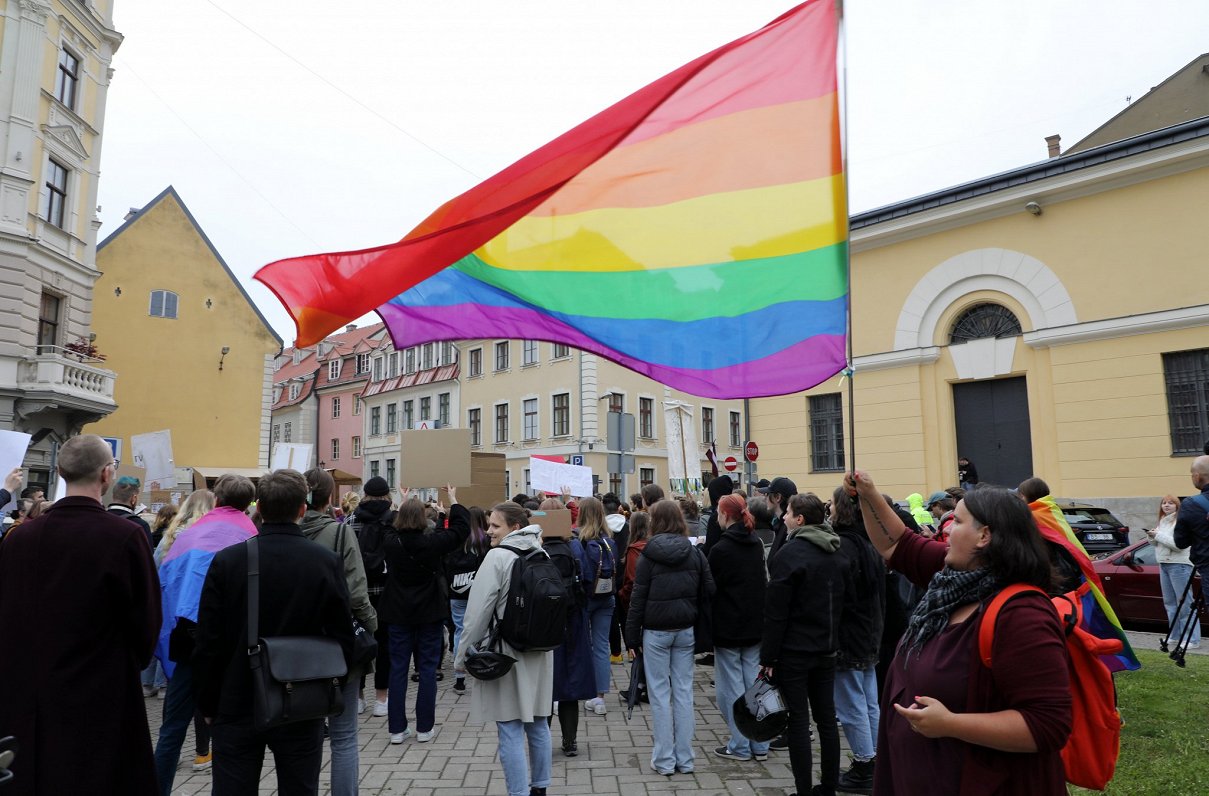Kristīne Gariņa, head of the LGBT+ and ally organization Mozaīka, said: “We see the support of young people, we see that society has changed, we see people need it. There is no question about whether it will be adopted, but when. If it stops again, let's ask MPs to vote again and that will happen! It's not that this bill or this idea will go missing somewhere. It will come back anyway.”
It is unclear whether the draft law will succeed in ensuring a quorum in the vote, i.e. 50 Members. The issue has been raised since the Harmony faction announced this week that it would not participate in votes on the bill.
In the draft law, the civil union is defined as a notarized agreement between two natural adult persons, which establishes or terminates the material and immaterial rights and duties of the persons.
The draft law ensures that couples in civil unions can become “visible” to the State if they develop mutual relations in accordance with the procedures specified in the draft law, thereby obtaining protection for personal and property rights.
It is planned that the civil union can be concluded by adults in the presence of a notary. Married people or people already in a civil union are prohibited to enter into a civil union. A civil union must not be established between relatives or adopted persons and their guardians. A person in a civil union cannot enter into marriage with anyone else. The civil union shall be established without a time limit and shall be in force until its termination.
The draft law was created following the Constitutional Court's 2020 judgment on the right of a same-sex couple to a parental leave.
Despite strong opposition, the law has been approved in the first two readings.





























